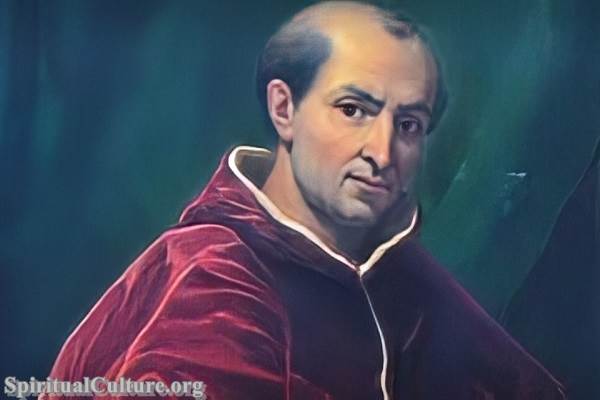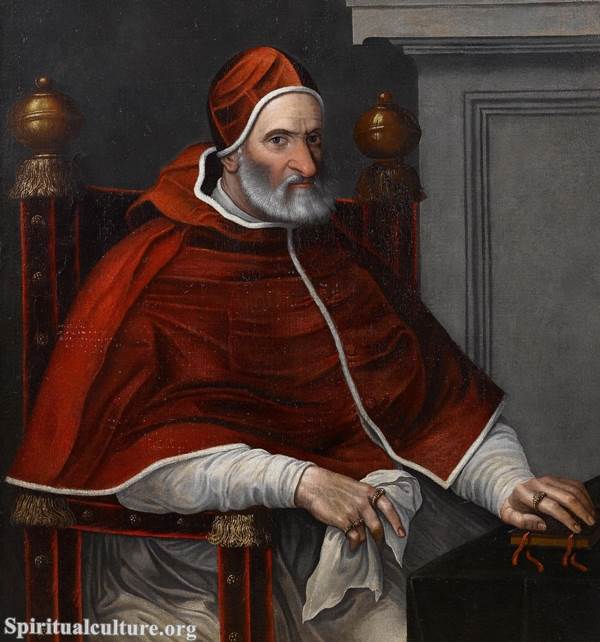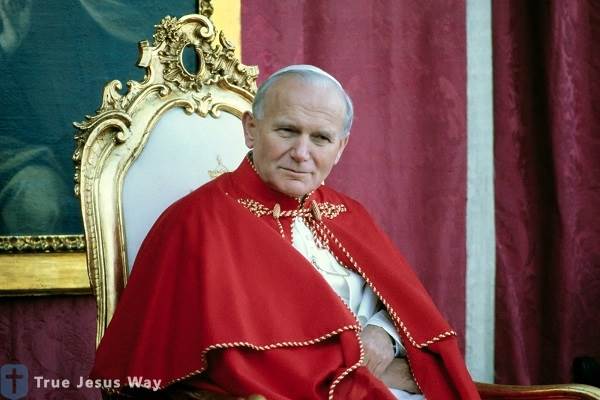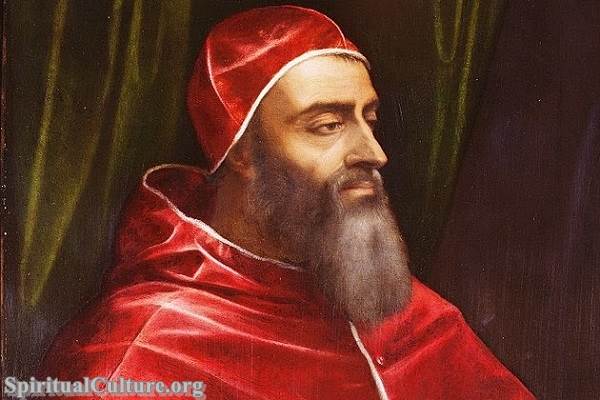Pope Pius V, born as Antonio Ghislieri, is a revered figure in Catholicism. His life and papacy have left a lasting mark on the Catholic Church, and his influence continues to be felt today.
This article aims to delve into the life and contributions of Pope Pius V, focusing on his impact on Catholicism and the Catholic Church.
Pope Pius V: Early Life and Path to the Papacy
Pope Pius V was born in Bosco, Italy on January 17, 1504. He joined the Dominican Order at the age of 14, where he received his religious education. He was ordained as a priest in 1528 and served in various capacities within the Dominican Order, including as a teacher of philosophy and theology.
In 1556, he was appointed as the Inquisitor of the faith in Como and Bergamo, and later, he was made a cardinal by Pope Pius IV. His commitment to the Catholic faith and his dedication to the Church were rewarded when he was elected as Pope on January 7, 1566, taking the name Pius V in honor of his predecessor.
Pope Pius V and Catholicism
Pope Pius V’s papacy was marked by his profound dedication to upholding the principles of Catholicism. He is perhaps best known for his role in implementing the decrees of the Council of Trent, a 16th-century ecumenical council that aimed to address the challenges posed by the Protestant Reformation.
One of his first acts as Pope was to publish the Roman Catechism in 1566, an instructional manual for priests that compiled the teachings of the Catholic Church in a systematic and accessible manner. This document played a crucial role in reinforcing Catholic doctrine during a time of religious upheaval.
Pope Pius V also introduced the Roman Missal in 1570, which standardized the liturgy of the Mass across the Catholic Church. This was a significant step towards ensuring the uniformity of worship within Catholicism, a principle that remains central to the faith today.
Contributions to the Catholic Church
Pope Pius V’s contributions to the Catholic Church extended beyond his efforts to uphold and reinforce Catholic doctrine. He was also known for his commitment to reform within the Church, particularly in relation to the clergy.
He implemented stringent measures to ensure that the clergy lived up to their spiritual and moral responsibilities, including the enforcement of celibacy and the requirement for bishops to reside in their dioceses. His efforts to combat nepotism within the Church were also noteworthy.
Furthermore, Pope Pius V played a crucial role in the defense of the Catholic Church during the Ottoman Wars. His call for a Holy League led to the decisive victory at the Battle of Lepanto in 1571, which is considered a turning point in the conflict.
Legacy of Pope Pius V
Pope Pius V passed away on May 1, 1572, leaving behind a legacy that continues to shape the Catholic Church. He was canonized by Pope Clement XI in 1712, making him one of the few popes who have been declared saints.
His impact on Catholicism is undeniable, from his efforts to implement the decrees of the Council of Trent, to his role in standardizing the liturgy of the Mass, and his commitment to reform within the Church. Pope Pius V’s dedication to upholding the principles of Catholicism and his unwavering commitment to the Catholic Church serve as a testament to his faith and his leadership.
In conclusion, Pope Pius V was a transformative figure in the history of the Catholic Church. His steadfast devotion to Catholicism and his significant contributions to the Church have left an indelible mark on the faith. His legacy continues to inspire Catholics around the world, reminding us of the enduring power of faith and the importance of commitment to one’s beliefs.





